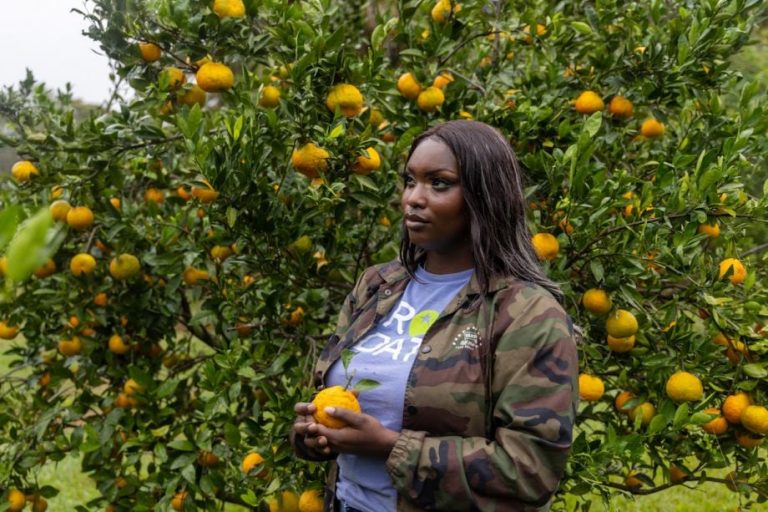Organizers Disrupt Zionist Fundraiser With Noise Demonstration
New Orleans, LA – On the night of December 11, organizers and activists marched towards the Audubon Tea Room at the beginning of “FedFest 2024,” a fundraiser hosted by the Jewish Federation, an organization dedicated to supporting the apartheid state of Israel.
The protest commemorated Human Rights Day (December 10). Among the groups organizing the noise demonstration were Jewish Voice for Peace (JVP) and New Orleans Stop Helping Israel’s Ports (NOSHIP).
The event began at 7 p.m., with protesters arriving soon after and staying for roughly two hours.















